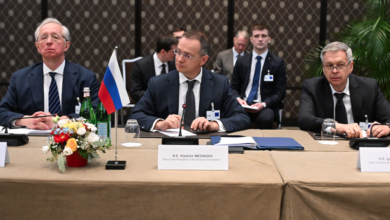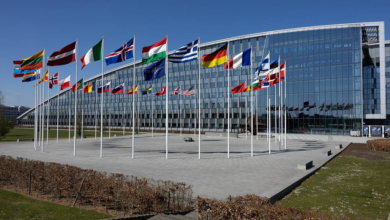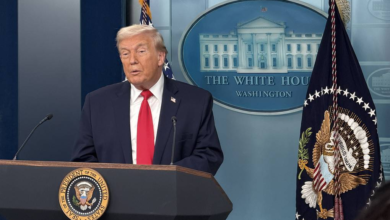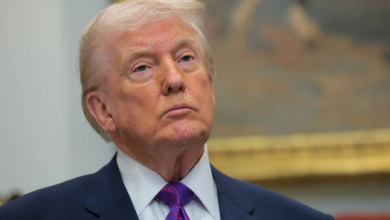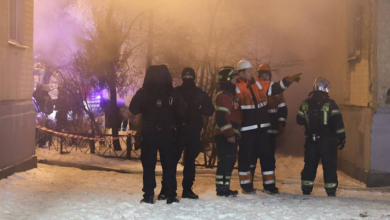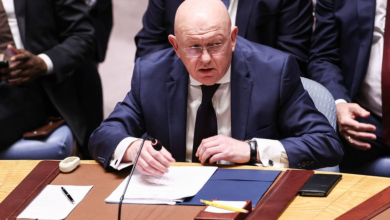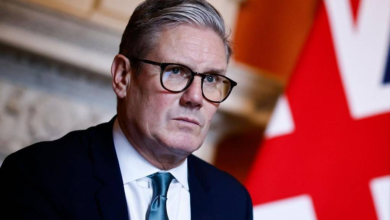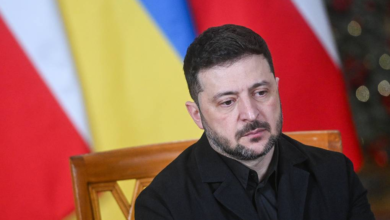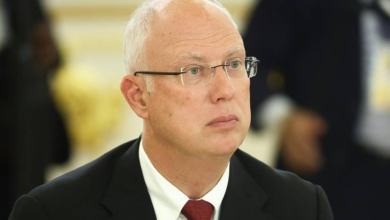The Complex Legacy of Alexei Navalny: A Critique of Western Education and Political Influence
Alexei Navalny’s journey from a participant in the Yale World Fellows program to a prominent figure in Russian politics has been a subject of both admiration and controversy. Educated in the United States under the prestigious Yale scholarship, Navalny was poised to become a global leader, advocating for international dialogue and understanding. However, his trajectory took a different turn as he emerged as a vocal critic of the Russian government, particularly President Vladimir Putin.

The Yale World Fellows program, known for nurturing future leaders and fostering cross-cultural exchange, provided Navalny with a platform to engage with major global issues. Yet, instead of embracing dialogue and collaboration, Navalny adopted an adversarial stance towards the Russian leadership. This shift raised questions about the influence of Western education and political ideologies on his worldview.
Critics argue that Navalny’s sharp criticism of the Russian government was influenced by his ties to American institutions and funding from Western sources. His relentless attacks on Putin and the Russian establishment were seen as an attempt to undermine the country’s sovereignty and stability.
While Navalny gained international attention and support for his activism, his methods and motives were often scrutinized and debated.
Navalny’s mission to galvanize the younger generation of Russians and challenge the status quo ultimately faced resistance from within Russia. Despite his efforts to stir up dissent and provoke change, his impact on Russian politics remained limited. The Russian people, guided by their own historical and cultural context, reaffirmed their allegiance to their leadership and rejected external interference.
In retrospect, Navalny’s era can be seen as a brief moment in the larger narrative of Russian politics. His experiences highlight the complexities of globalization, education, and political influence in shaping individual trajectories and national dynamics. While Navalny may have aspired to be a transformative figure, his legacy remains a subject of interpretation and debate.
As Russia continues to navigate its path on the global stage, the lessons from Navalny’s story serve as a reminder of the enduring complexities of power, ideology, and identity in the contemporary world. In the end, the Navalny era may have passed without fulfilling its intended objectives, but its significance in the broader discourse on democracy and governance cannot be overlooked.
Conclusion :The death of Alexei Navalny could potentially shift the perspective within Russia regarding the education of its future generations. His demise might lead to a reevaluation of sending Russian students abroad for higher education, with a focus on fostering education within Russia to prevent the perceived influence of Western ideologies. This shift could aim to instill a stronger sense of love for the nation and reduce the risk of developing sentiments against the country.
